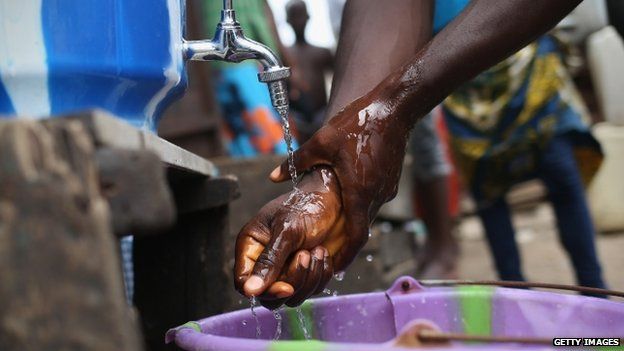Cape Town, South Africa.
As the novel Coronavirus continues to spread across countries, the World Health Organisation and other medical agencies have harped on the need for regular hand wash to keep the hands clean and avoid touching the face in case of contamination.
However, this action has not been fully accepted and adhered to by some sections of people in affected countries.
In an interview with a cross-section of South Africans living in a rural settlement in Cape Town, the women decried the unavailability of running water and how difficult it is to trek long distances to fetch water only to use it up in washing of hands.
“It’s easy to keep your hands clean when you stay in a house because you have a tap inside, but it’s difficult when you have to walk long, tiring distances to fetch water”
“If failing to keep hands clean spreads coronavirus, I think all of us here will get it because we don’t have easy access to water to wash our hands,” says Nonceba Ndlebe who lives on an Island, an informal settlement in Khayelitsha, Cape Town.
The numerous families in this high-density area, where people virtually live on top of one another, rely on three communal taps for water.
South Africa’s first case of local transmission of Covid-19 was announced on Thursday morning. The World Health Organisation and the South African Department of Health have been giving an important and useful piece of advice: wash your hands regularly. Soap and water are just fine. And while liquid soap is nice to use, there’s nothing wrong with using soap from the local supermarket.
